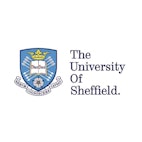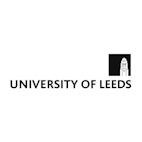Biomass Feedstock Improvement Process
A demonstration project which aimed to show how the removal of impurities and contaminated material from sustainable biomass could make bioenergy cheaper, more efficient, and deliver greenhouse gas savings

- The £2.2m Feedstock Improvement project was led by biomass specialists Forest Fuels and Uniper Technologies
- University of Sheffield’s PACT Facilities and the University of Leeds also worked on the 18 month project
A prototype plant was considered to be built near Retford, Nottinghamshire, to pre-treat biomass feedstocks to remove impurities. The cleaned feedstocks would then be blended and combustion tested at the University of Sheffield’s Pilot scale Advanced Capture Technology (PACT) Facilities, with expert support provided by the University’s Energy 2050 Institute. The project was managed by Forest Fuels with Uniper providing technical leadership on the project as well as carrying out analysis on the treated and untreated biomass feedstocks.
Biomass fuels, including waste wood, arboricultural and forestry residues, and purpose-grown biomass feedstocks such as Miscanthus, often contain undesirable contaminants, picked up for example during harvesting, transport or storage. The idea behind the project was that this pre-treatment process would reduce such concentrations and therefore deliver downstream operational benefits and value.
Due to delays in the practical demonstration of this new type of technology the difficult decision was taken to discontinue the BioFIP project as the project could not be completed within the operating lifetime of the ETI.
This project was commissioned to show how the removal of impurities and contaminated material by washing from different types of sustainable biomass could widen the range of biomass available for use in the UK, reduce end user costs, increase efficiencies and deliver greenhouse gas savings.
As there remained value in demonstrating the technology, it was the intention of all project participants to explore other avenues for the continuation of the work undertaken to date.



